
LAW / Referencing for Law Students / AGLC 3rd ed
.pdf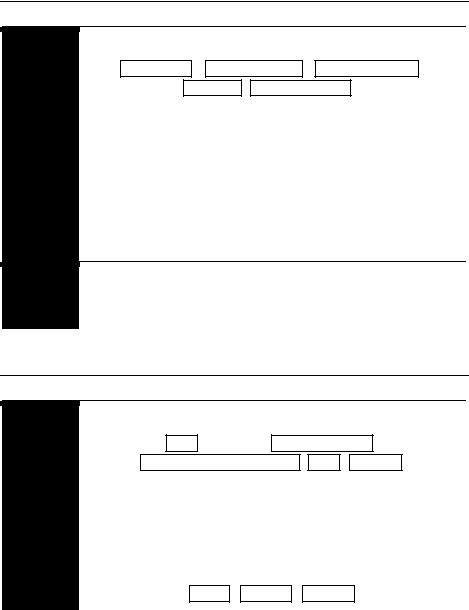
110 Part III — Secondary Sources
6.6Television and Radio Transcripts
Rule
Example
Television and radio transcripts should be cited as follows:
Broadcaster , ‘ Title of Segment ’, Name of Program , Full Date ( Name of Speaker ).
The name of the speaker should be included unless it is otherwise apparent. It should adhere to rule 1.14.
A pinpoint reference may be included after the full date, preceded by a comma, if it appears in the transcript. A URL may be included after the speaker’s name (or any pinpoint) in the first reference to a transcript where the transcript is only available online or the URL would aid its retrieval. The URL should appear in accordance with rule 6.15.6.
ABC Radio National, ‘Inventions: Who Owns Them?’, The Law Report, 8 September 2009 (Andrew Stewart) <http://www.abc.net.au/ rn/lawreport/stories/2009/2678819.htm#transcript>.
6.7Films and Audiovisual Recordings
Rule |
Films and other audiovisual recordings should be cited as follows: |
|
|
Title (Directed by Name of Director ,
Studio/Production Company , Year ) Pinpoint .
The name of the studio or production company should adhere to rule 5.3.1. Where there are multiple studios or companies, only the first-named studio or company should be included.
Pinpoint references should be to a point in time in the recording, and should appear (depending on the accuracy desired) in the format:
Hours : Minutes : Seconds
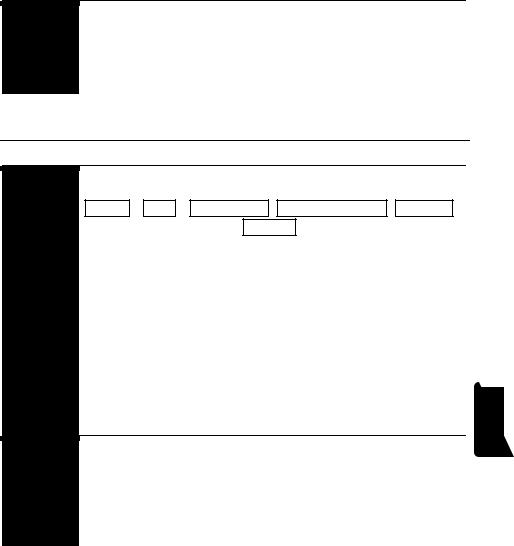
Australian Guide to Legal Citation 111
Examples Calling the Ghosts: A Story about Rape, War and Women (Directed by Mandy Jacobson and Karmen Jelincic, Bowery Productions, 1996).
To Kill a Mockingbird (Directed by Robert Mulligan, Brentwood Productions, 1962) 1:43:00.
6.8Press and Media Releases
Rule
Examples
Press and media releases should be cited as follows:
Author , ‘ Title ’ ( Release Type , Document Number , Full Date )
Pinpoint .
The name of the author should adhere to rule 1.14. The release type should appear as it does on the source (for example, ‘Press Release’, ‘Media Release’, ‘Press Statement’). A document number should be included only if it appears on the release. The document number should be reproduced using any abbreviations as they appear on the release (adhering to rule 1.6.1, so full stops should not be used in abbreviations).
A URL may be included after the first reference to a release where this would aid its retrieval. It should appear in accordance with rule 6.15.6.
Department of Defence (Cth), ‘Highest East Timorese Honour for Army Officers’ (Media Release, MSPA 172/09, 22 May 2009).
Australian Stock Exchange, ‘ASX Group Monthly Activity Report — April 2009’ (Media Release, 5 May 2009) 1 <http://www.asx.com.au/ about/pdf/ma050509_monthly_activity_report_april09.pdf>.
Other
Sources
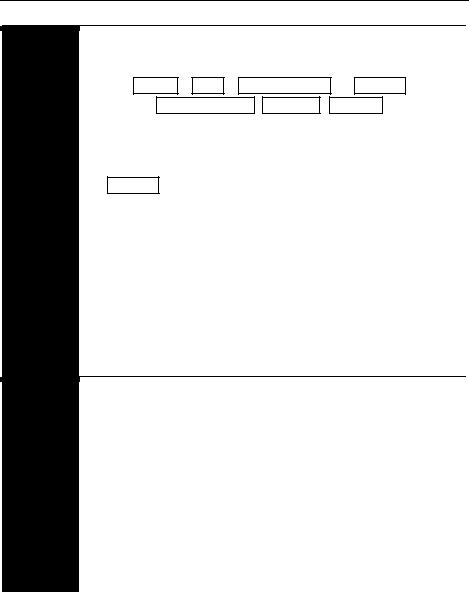
112 Part III — Secondary Sources
6.9Working Papers and Similar Documents of Various Bodies
Rule Working papers and other similar documents of various bodies should be cited as follows:
Author , ‘ Title ’ ( Document Type No Number ,
Institution Name , Full Date ) Pinpoint .
The document type should be reproduced as it appears on the source (for example, ‘Working Paper’, ‘Discussion Paper’, ‘Research Report’, etc). Where the document is not part of a numbered series, ‘No Number ’ should be omitted. The institution name should adhere to rule 1.14.3 (so generally only the most specific subdivision and the umbrella body’s name should be included). Where there is not a full date on the source, as much of the full date as appears should be included (for example, ‘September 1997’ or ‘1998’).
Pinpoint references should adhere to rule 6.1.4 (so should include page numbers and may include paragraph numbers in addition).
A URL may be included after the first reference to a working paper or similar document where this would aid its retrieval. It should appear in accordance with rule 6.15.6.
Examples Jens Tapking and Jing Yang, ‘Horizontal and Vertical Integration in Securities Trading and Settlement’ (Working Paper No 245, Bank of England, 2004) 11–12.
Paul Memmott and Peter Blackwood, ‘Holding Title and Managing Land in Cape York — Two Case Studies’ (Research Discussion Paper No 21, Australian Institute of Aboriginal and Torres Strait Islander Studies, 2008) 37.
Caroline O N Moser, Annika Tornqvist and Bernice van Bronkhorst, ‘Mainstreaming Gender and Development in the World Bank: Progress and Recommendations’ (Report, World Bank, 1998).
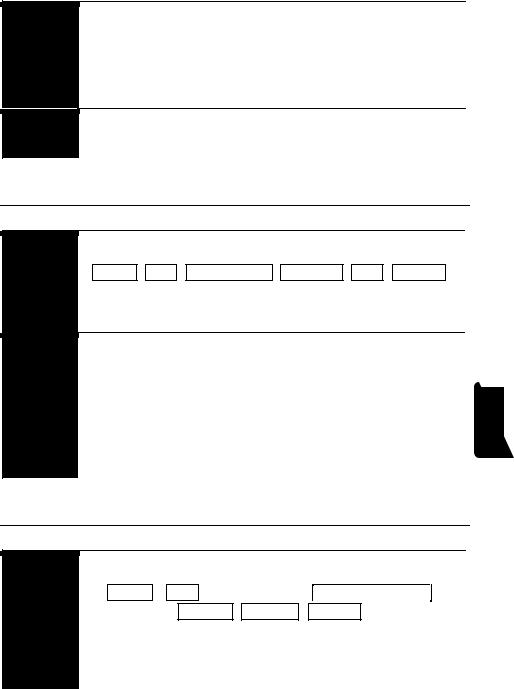
Australian Guide to Legal Citation 113
Note
John Howe and Ingrid Landau, ‘“Light Touch” Labour Regulation by State Governments in Australia: A Preliminary Assessment’ (Working Paper No 40, Centre for Employment and Labour Relations Law, The University of Melbourne, December 2006) 6 <http://papers.ssrn.com/ sol3/papers.cfm?abstract_id=961528>.
Where a document of a body is published as a book, it should be cited in accordance with chapter 5.
6.10Theses
Rule
Examples
Theses should be cited as follows:
Author , Title ( Type of Thesis , Institution , Year ) Pinpoint .
A URL may be included after the first reference to a thesis where this would aid its retrieval. It should appear in accordance with rule 6.15.6.
Denis Joseph Andrew Muller, Media Accountability in a Liberal Democracy — An Examination of the Harlot’s Prerogative (PhD Thesis, The University of Melbourne, 2005).
Amélie Champsaur, The Regulation of Credit Rating Agencies in the US and the EU: Recent Initiatives and Proposals (LLM Thesis, Harvard University, 2005) 19–20 <http://www.law.harvard.edu/ programs/about/pifs/education/sp19.pdf>.
Other
Sources
6.11Conference Papers
Rule |
Conference papers should be cited as follows: |
|
|
Author , ‘ Title ’ (Paper presented at Name of Conference ,
Location , Full Date ) Pinpoint .
A URL may be included after the first reference to a conference paper where this would aid its retrieval. It should appear in accordance with rule 6.15.6.
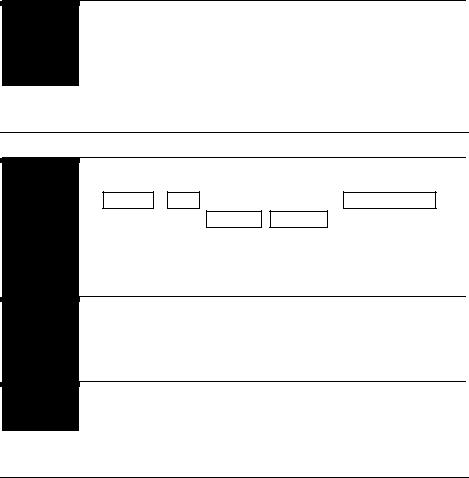
114 Part III — Secondary Sources
Example Anne Orford, ‘Roman Law and the Godly Imperium in England’s New Worlds’ (Paper presented at the Workshop on the Theo-Political Renaissance, Department of English, Cornell University, 25 April 2008).
6.12Speeches
Rule
Example
Note
Speeches should be cited as follows:
Speaker , ‘ Title ’ (Speech delivered at the Name of Forum , Location , Full Date ).
A URL may be included after the first reference to a speech where this would aid its retrieval. It should appear in accordance with rule 6.15.6.
Chief Justice Robert French, ‘Native Title — A Constitutional Shift?’ (Speech delivered at the JD Lecture Series, The University of Melbourne, 24 March 2009) <http://www.hcourt.gov.au/publications _05.html>.
Where a speech has been published in a journal or book, it should be cited in accordance with chapters 4 or 5 respectively.
6.13Interviews
6.13.1Interviews Conducted by the Author
|
Rule |
|
Interviews conducted by the author should be cited as follows: |
||||||
|
|
|
|
Interview with |
|
|
|
|
|
|
|
|
Name of Interviewee |
||||||
|
|
|
( |
|
, |
|
). |
||
|
|
|
Location or Form of Interview |
Full Date |
|||||
|
|
|
The position of the interviewee may also be included after their name, |
||||||
|
|
|
preceded by a comma. |
||||||
|
|
|
|
|
|
|
|
|
|

Australian Guide to Legal Citation 115
Examples Interview with Philip Dunn (Melbourne, 19 October 2005).
Interview with Ian Brownlee, Chief Policy Director, Office of the Director of Public Prosecutions (York, 3 August 2007).
Interview with Nicola Roxon, Shadow Attorney-General (Doorstop Interview, 2 November 2005).
6.13.2Interviews Not Conducted by the Author
Rule |
Interviews not conducted by the author should be cited as follows: |
|
|
Name of Interviewer , Interview with Name of Interviewee ( Location or Form of Interview , Full Date ).
The position of the interviewee may also be included after their name, preceded by a comma. A URL may be included after the first reference to an interview where this would aid retrieval of the interview. The URL should appear in accordance with rule 6.15.6.
Example Laurie Oakes, Interview with John Howard, Prime Minister of Australia (Television Interview, 30 October 2005).
Note Where an interview has been published in a journal or book, it should be cited in accordance with chapters 4 or 5 respectively.
6.14Written Correspondence
Other
Sources
Rule |
Written correspondence should be cited as follows: |
|
|
Type of Correspondence from Author to Recipient , Full Date , Pinpoint .
Types of correspondence include letters, faxes and emails. The position of the correspondents may be included after their names.
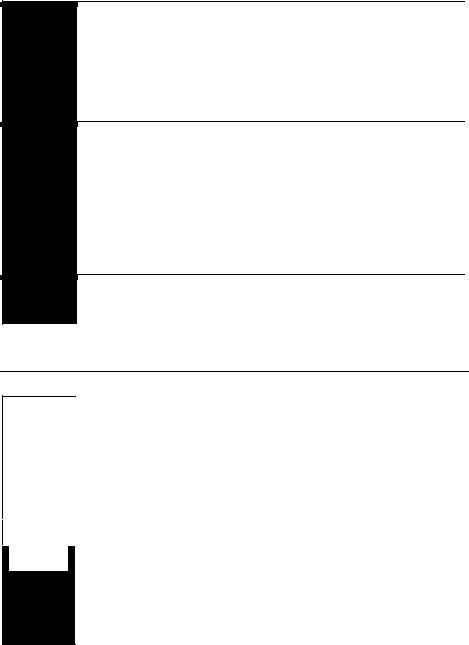
116 Part III — Secondary Sources
Examples
Note
Where correspondence is reproduced within another hard copy source, that source may be cited (in accordance with the appropriate rules of this Guide). It should appear after the full date (or any pinpoint) and be preceded by ‘in’. Alternatively, a URL may be included where this would aid retrieval of the correspondence (in accordance with 6.15.6). A URL should not be preceded by ‘in’.
Email from Jonathon Barrington to Deborah Horowitz, 17 May 2001.
Letter from Ellen Keen to George Rusden, 28 April 1867 in Rusden Papers (Leeper Library, Trinity College, The University of Melbourne) vol 11.
Letter from Deloitte Touche Tohmatsu, Melbourne, to Opes Prime Clients, 1 April 2008, 3 <http://www.deloitte.com.au/media/docs/ OpesPrime_groupcircular.pdf>.
Attachments sent via email may be cited in this manner, unless the attachment is covered by another rule in this Guide.
6.15Internet Materials
|
|
|
|
Board of |
Admission |
(18 |
Council |
<http://www. |
|
Example |
|
|
February |
of Legal |
lawadmissions |
||
|
|
|
Examiners, |
Requirements |
||||
|
|
|
|
2010) |
Education |
.vic.gov.au/> |
||
|
|
|
|
|
|
|||
|
|
|
|
|
|
|
|
|
|
|
|
|
|
Document |
Full |
Website |
Uniform |
|
|
|
|
|
||||
|
Element |
|
|
Author |
Resource |
|||
|
|
|
Title |
Date |
Name |
|||
|
|
|
|
|
Locator |
|||
|
|
|
|
|
|
|
|
|
|
|
|
|
|
|
|
|
|
|
Rule |
|
|
6.15.1 |
6.15.2 |
6.15.3 |
6.15.4 |
6.15.6 |
|
|
|||||||
|
|
|
|
|
|
|
|
|
|
Note |
|
A source should be cited using this rule only if it does not exist in a |
|||||
|
|
|
|
published form and no other rule within this Guide applies to it. |
||||
|
|
|
|
|||||
Citations of articles in electronic journals should adhere to rule 4.9. Citations of electronic newspapers should adhere to rule 6.5.3. Citations of blogs should adhere to rule 6.15.7.

Australian Guide to Legal Citation 117
6.15.1Author
Rule The author’s name should be included if it is apparent from the web page or document. It should adhere to rule 1.14.
Example Department of Corrective Services, Government of Western Australia, Victim–Offender Mediation <http://www.correctiveservices.wa.gov. au/victim-services/victim-offender-mediation/>.
6.15.2Document Title
Rule The title of the particular web page or web document cited should be included in italics after the author’s name.
Example World Health Organization, Violence against Women: A Priority Health Issue (1997) <http://www.who.int/gender/violence/prioreng/ en/>.
6.15.3Full Date
|
|
Rule |
|
Where available, the full date of last update of the web page should be |
|
|
|
|
included after the document name. If this is not shown, the full date of |
|
|
|
|
creation should be included. |
|
|
|
|
Where there is not a full date on the web page or document, as much |
|
|
|
|
of the full date as appears should be included. Where there is no date, |
|
|
|
|
the full date should be omitted. |
|
|
|
|
|
|
|
Examples |
|
International Whaling Commission, IWC Information (29 September |
|
|
|
|
2009) <http://www.iwcoffice.org/commission/iwcmain.htm>. |
|
|
|
|
Law Council of Australia, Our History <http://www.lawcouncil. |
|
|
|
|
asn.au/about/history.cfm>. |
|
|
|
|
|
6.15.4Website Name
Rule The name of the general website on which the web page or document resides should be included if available. The website name should not appear in italics.
Other
Sources
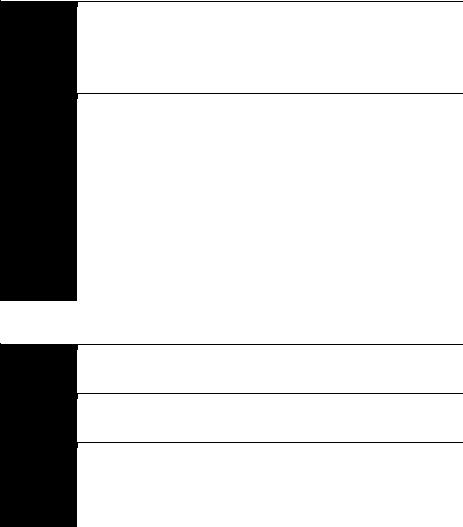
118 Part III — Secondary Sources
If the website name is preceded by a document title but no full date, the document title and website name should be separated by a comma.
Where the author and website name are identical, the website name should not be included.
Examples ARM National Committee, The Australian Republican Movement Policy (February 2009) Australian Republican Movement <http://www.republic.org.au/page/australian-republican-movement- policy>.
Internet Patent News Service, Patent Database, Patenting Art and Entertainment <http://www.patenting-art.com/database/dbase1-e.htm>.
Innocence Project, Eyewitness Misidentification <http://www. innocenceproject.org/understand/Eyewitness-Misidentification.php>. [Not: Innocence Project, Eyewitness Misidentification, Innocence Project …]
6.15.5Pinpoint Reference
Rule
Example
Note
Any pinpoint reference should appear before the URL and be preceded by a comma. Pinpoint references should adhere to rule 6.1.4.
Australasian Legal Information Institute, News (22 December 2009) AustLII, 2 <http://www.austlii.edu.au/austlii/news/20091222.pdf>.
Web pages do not usually include pinpoints. Where they appear on a web page, pinpoints are usually paragraph numbers, which should be included in citations in square brackets (in accordance with rules 1.1.5–1.1.6).
6.15.6Uniform Resource Locator (‘URL’)
|
Rule |
|
The URL should be enclosed within ‘< >’ symbols. |
|
|
|
Where the full URL of a document appears cumbersome and the |
|
|
|
document can be located easily from a general website, the URL of |
|
|
|
the general website may be included instead. |
|
|
|
The date of retrieval should not be included after the URL. |
|
|
|
|
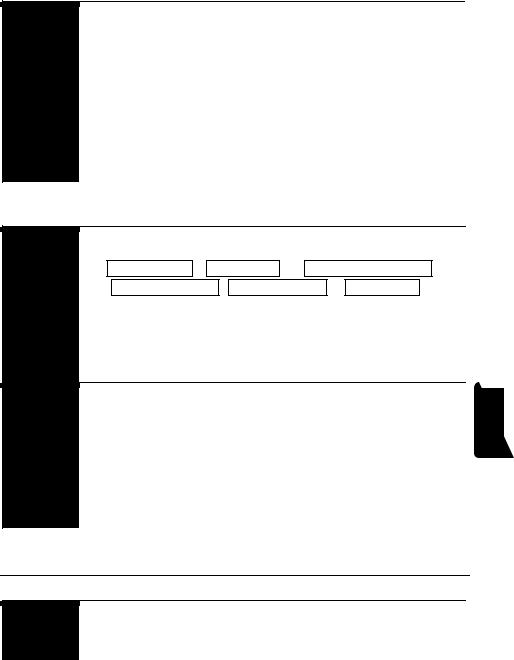
Australian Guide to Legal Citation 119
Examples Oxfam International, Flooding in the Philippines Highlights Urgency of Climate Leadership (28 September 2009) <http://www.oxfam.org/ en/pressroom/pressrelease/2009-09-28/flooding-philippines-urgency- climate-leadership>.
National Human Rights Consultation Committee, Terms of Reference (2008) National Human Rights Consultation <http://www.humanrightsconsultation.gov.au/>. [Not: … <http:// www.humanrightsconsultation.gov.au/www/nhrcc/nhrcc.nsf/Page/Ter ms_of_Reference>.]
6.15.7Blogs and Online Forums
Rule |
Posts on blogs and online forums should be cited as follows: |
|
|
Author of Post , ‘ Title of Post ’ on Author of Blog/Forum ,
Blog/Forum Name ( Full Date of Post ) < URL of Post >.
Only elements that appear on the blog or forum should be included. The URL should adhere to rule 6.15.6 (so where a post is easily accessible from a general website, the URL of the general website may replace the URL of the post).
Examples Jeremy Gans, ‘The Charter vs Eviction’ on Jeremy Gans,
Charterblog: Analysis of Victoria’s Charter of Human Rights (12 July 2008) <http://charterblog.wordpress.com/2008/07/12/the-charter-vs- eviction>.
Khalid al Nur, ‘Politics of Rage, Politics of Change’ on Making Sense of Sudan (25 September 2009) <http://blogs.ssrc.org/sudan/2009/09/ 25/politics-of-rage-politics-of-change>.
Other
Sources
6.16Subsequent References
Rule ‘Ibid’ should be used for all materials in this chapter (in accordance with rule 1.4.1).
